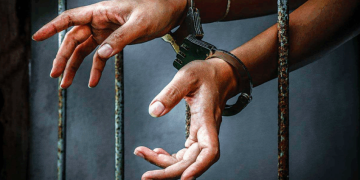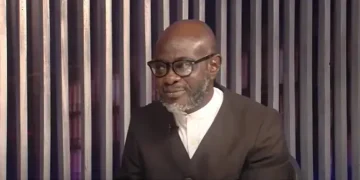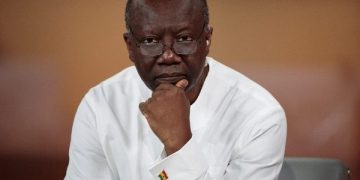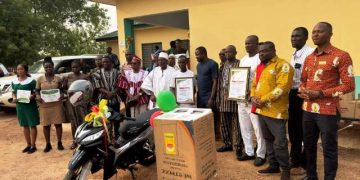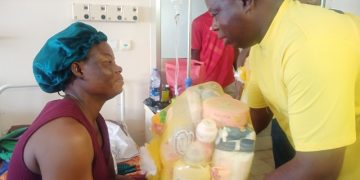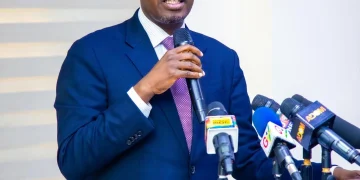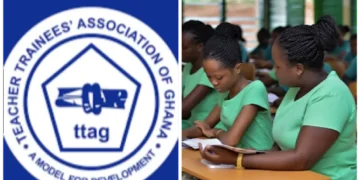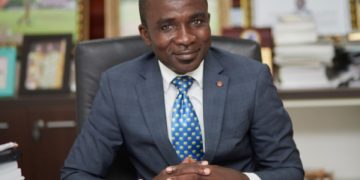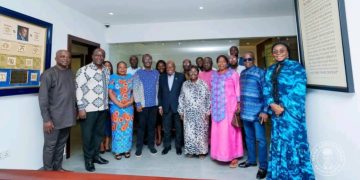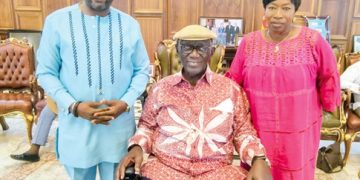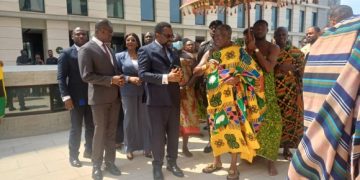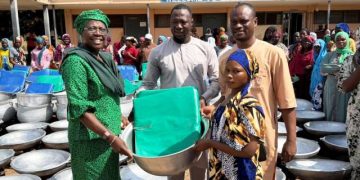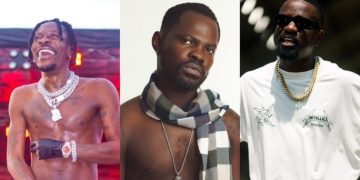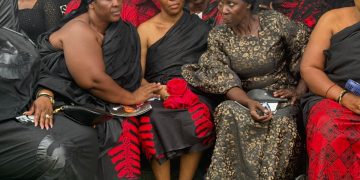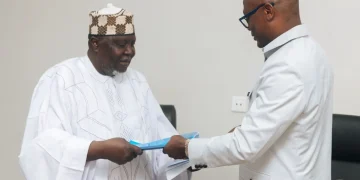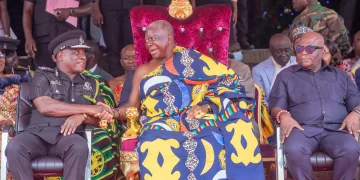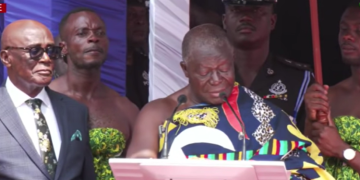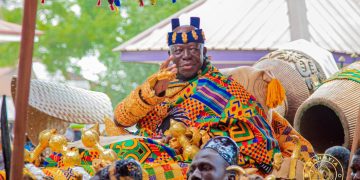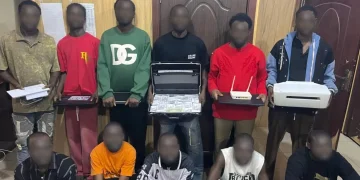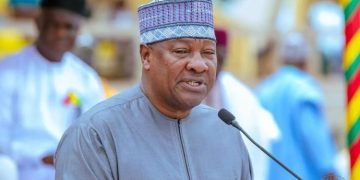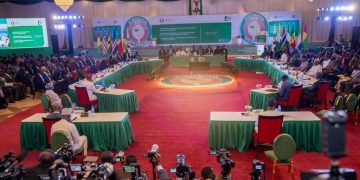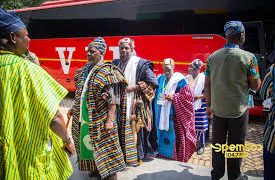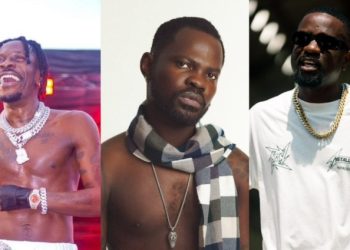The atmosphere at Black Star Square in Accra was electrifying during the inauguration of President John Dramani Mahama as throngs of Ghanaians erupted in cheers for Captain Ibrahim Traore, Burkina Faso’s coup leader-turned-president.
His presence at the ceremony on Tuesday 7th January 2025, sparked a spirited response, particularly from Ghana’s youth, who expressed admiration for his boldness in challenging entrenched political systems in his home country.
While the African Union (AU) has voiced strong disapproval of the method by which the leader came to power—an overthrow of the previous administration—his popularity among many African youths tells a different story.
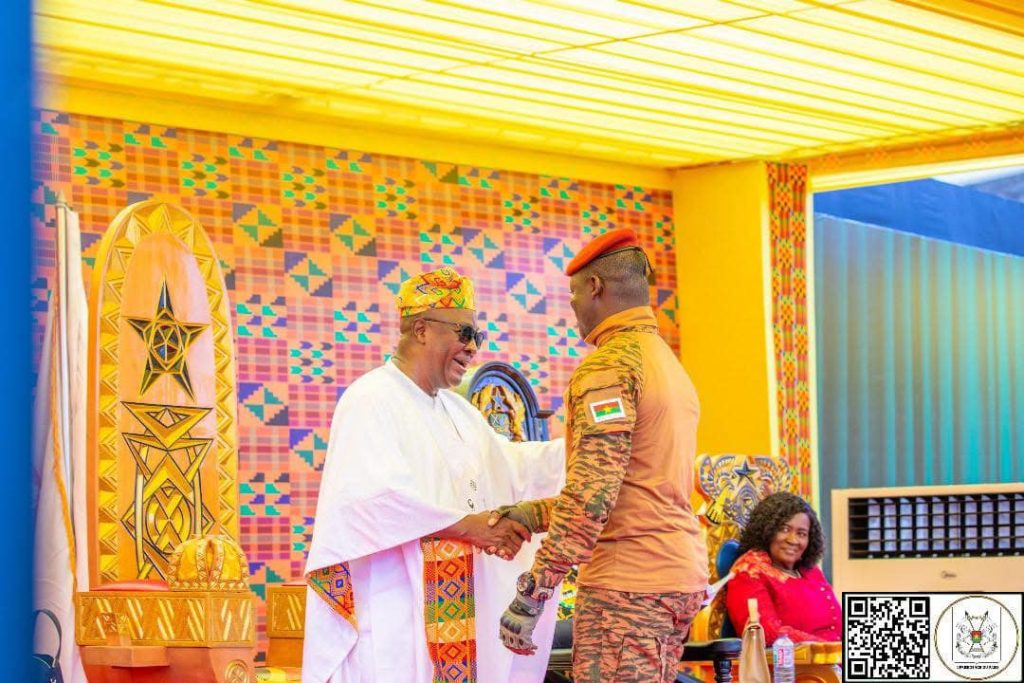
The celebration in Ghana underscores the growing discontent with governance across the continent, particularly among the younger generation. The message is clear: African leaders must address the needs of their people or risk losing legitimacy in the eyes of their citizens.
The loud cheers from Ghana’s youth send a strong signal to the continent’s political class that they can no longer afford to take the youth for granted. As unemployment, corruption, and poor access to basic amenities persist, many young Africans are demanding transformative leadership.
President Mahama’s assumption of office marks the end of an eight-year tenure by the New Patriotic Party (NPP), which suffered a humiliating defeat in the 2024 elections. Losing close to two million votes in their strongholds, the NPP’s fall from grace is a wake-up call for political leaders in Ghana.
The decisive nature of the electoral results indicates that Ghanaians, particularly the youth, are no longer willing to tolerate unfulfilled promises and inadequate governance.
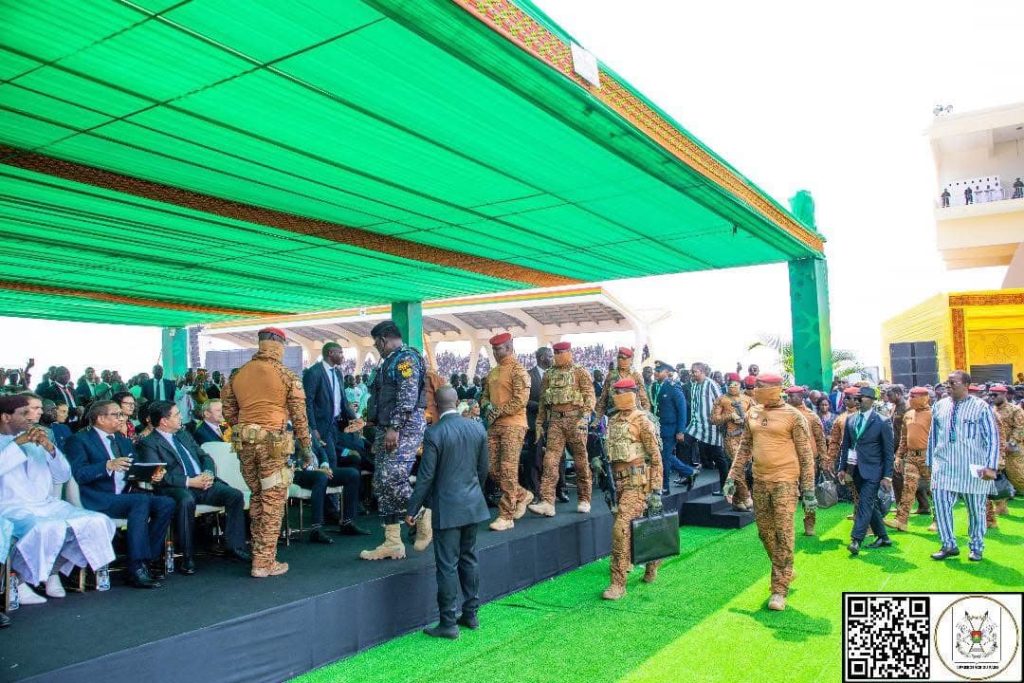
Although Ghana has experienced several coups in its history, the current political climate suggests that Ghanaians prefer to use democratic means—specifically, their votes—to effect change. The use of the ballot box over bullets signals a maturing democracy, despite widespread frustrations with governance.
The celebration of Burkina Faso’s leader at the inauguration also serves as a reminder of what is at stake for African leaders. Citizens are increasingly demanding access to basic amenities such as clean water, healthcare, electricity, and quality education. The youth, in particular, are calling for policies that prioritize economic opportunities and social inclusion.
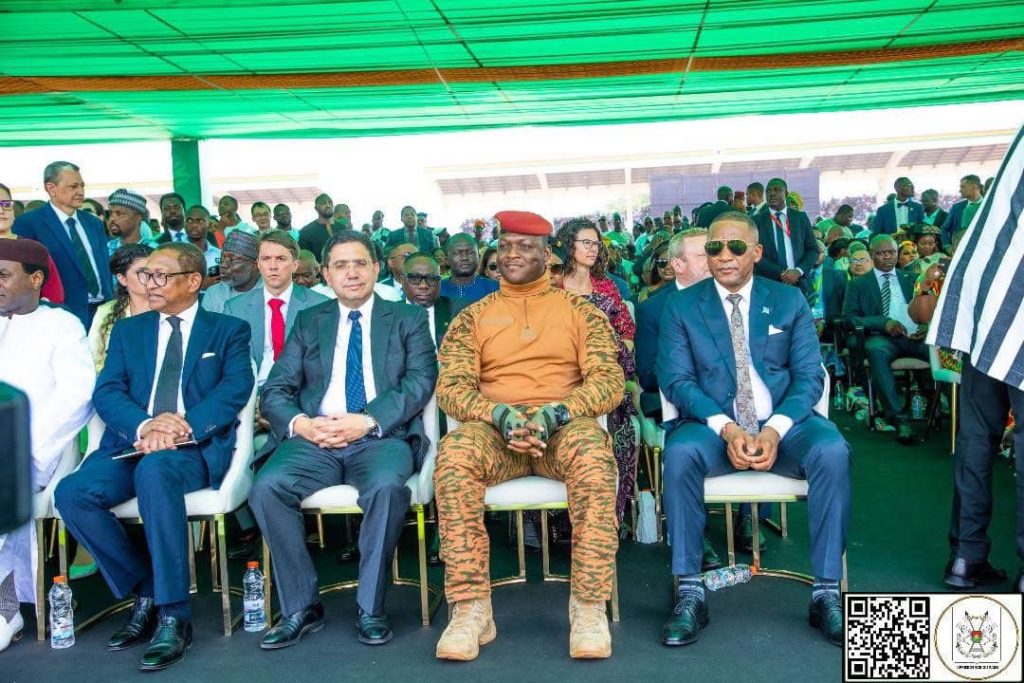
President Mahama’s return to power provides an opportunity to address these issues. His administration must focus on delivering tangible improvements to the lives of ordinary Ghanaians, restoring hope, and proving that democratic governance can work for the people.
The wave of youth support for Burkina Faso’s leader and the decisive electoral rejection of the NPP in Ghana underscore a continent-wide desire for responsive and accountable governance. African leaders must recognize the urgency of addressing systemic issues such as corruption, unemployment, and inequality. Failure to do so risks alienating the continent’s young and dynamic population, who are increasingly demanding better from their governments.
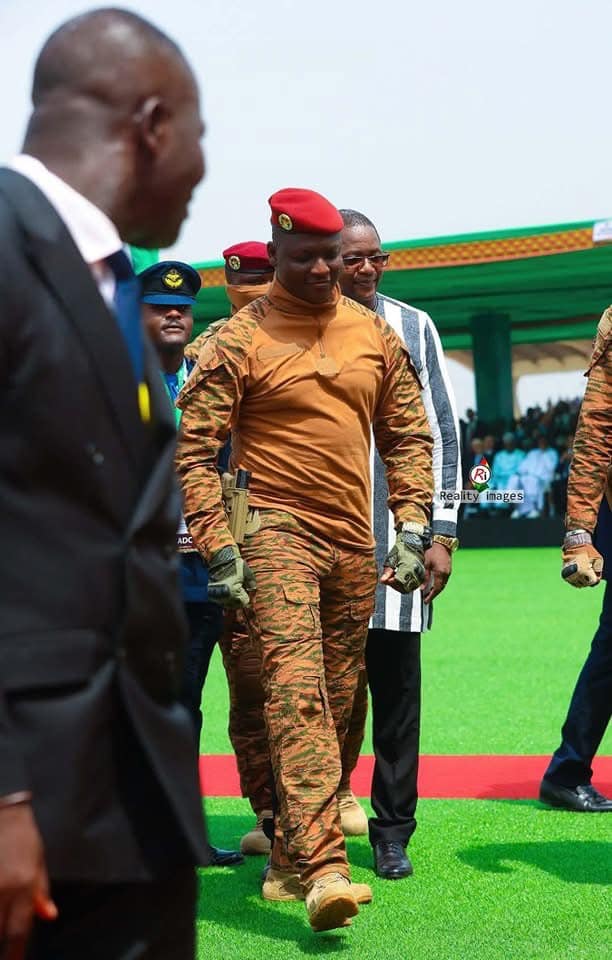
As Ghana embarks on this new chapter under President Mahama, the political class must heed the lessons of the 2024 elections. Democracy is not just about holding elections; it is about delivering on the promises that improve the daily lives of citizens. Leaders must prioritize the welfare of their people to ensure stability, growth, and progress.
In conclusion, the events at the Black Star Square serve as both a celebration of democratic change in Ghana and a cautionary tale for leaders across Africa. The youth are watching closely, and they are ready to hold their leaders accountable—whether through cheers or through votes.
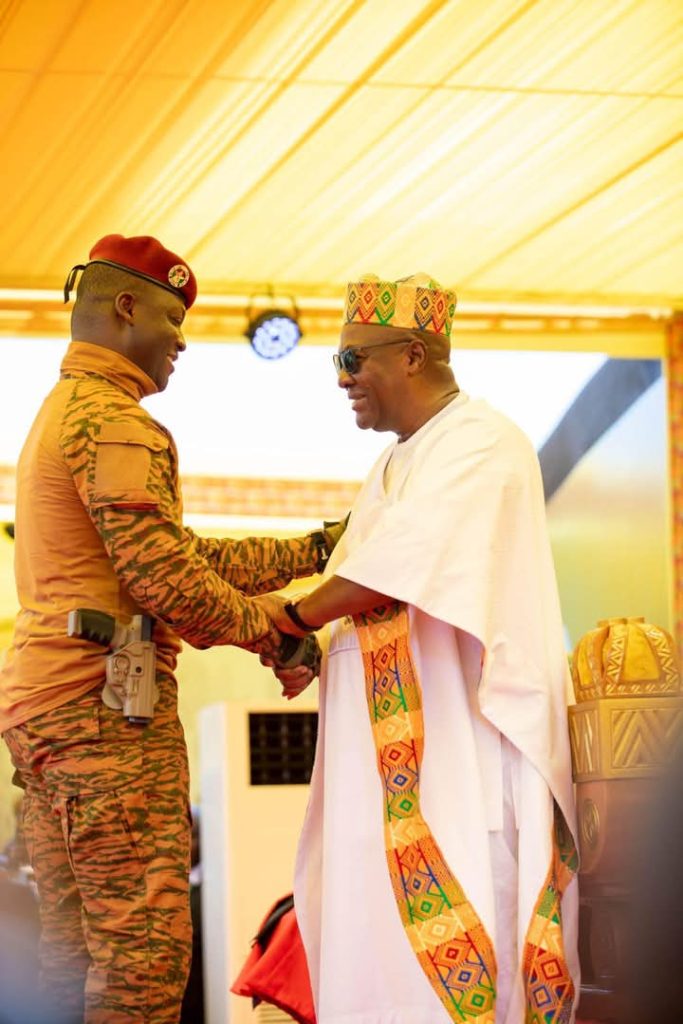
Source: www.kumasimail.com/ Isaac Justice Bediako, Broadcast Journalist, EIB Network, Kumasi


